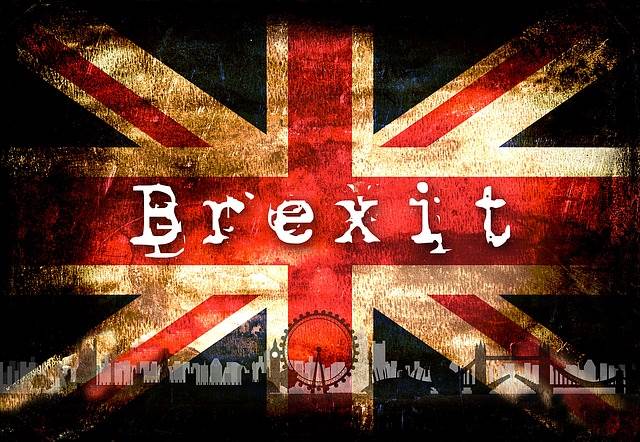 The British Government is in the unusual position of trying to push through a policy which very few of its members believe in. Morally bound by the result of the 2016 referendum which narrowly mandated a departure from the European Union, the British Government has agreed the terms of its divorce deal from the European Union, scheduled to take effect on 29th March 2019. However, to take effect, the deal must also be approved by a vote in the British Parliament, which is currently scheduled to take place on 11th December. With the Government lacking a majority in Parliament and close to one hundred of its own MPs publicly declaring they will vote against the deal, betting markets are currently predicting only a 25% chance that the Government will win this vote, although Bloomberg ran a story today about how various prominent “financial entertainers” think it is much closer than that. We will soon see whether the talkers or the gamblers made a more accurate assessment!
The British Government is in the unusual position of trying to push through a policy which very few of its members believe in. Morally bound by the result of the 2016 referendum which narrowly mandated a departure from the European Union, the British Government has agreed the terms of its divorce deal from the European Union, scheduled to take effect on 29th March 2019. However, to take effect, the deal must also be approved by a vote in the British Parliament, which is currently scheduled to take place on 11th December. With the Government lacking a majority in Parliament and close to one hundred of its own MPs publicly declaring they will vote against the deal, betting markets are currently predicting only a 25% chance that the Government will win this vote, although Bloomberg ran a story today about how various prominent “financial entertainers” think it is much closer than that. We will soon see whether the talkers or the gamblers made a more accurate assessment!
If the Government wins the vote, then an orderly Brexit will happen on 29th March 2019. If the Government loses the vote, it will try to hold another vote quite quickly. This is where things start to get interesting: if the deal is not approved, and the E.U. does not offer another deal (which seems very likely), then the U.K. will leave the E.U. without a deal – the “no deal” outcome that most of the British media are presenting as Armageddon. We are informed by allegedly reliable sources that the U.K. will run out of drinking water, food supplies etc. if this is the outcome!
Many analysts believe that after the Government loses the first Parliamentary vote, markets will anticipate “no deal” and begin such a spectacular crash that Parliament will be intimidated into reversing its vote. I believe this is incorrect, as I don’t think the markets will crash spectacularly at that point, as the market is not stupid enough to believe that the Government will proceed towards a “no deal” exit. What is far more likely is that Parliament will panic and force a change in leadership which will send the U.K. back to the E.U. begging to be allowed to remain. A key factor here is whether the E.U. will allow a unilateral British revocation of the Article 50 notice which legally triggers its exit. The European Court of Justice is still deciding on this, but it is also possible that all the members of the E.U. would agree a non-unilateral revocation.
Only time will tell, but I see a “remain” outcome as more likely than “no deal”. If that does happen, the British Pound should soar. Expect volatility in the Pound as we get closer to the vote on 11th December.
